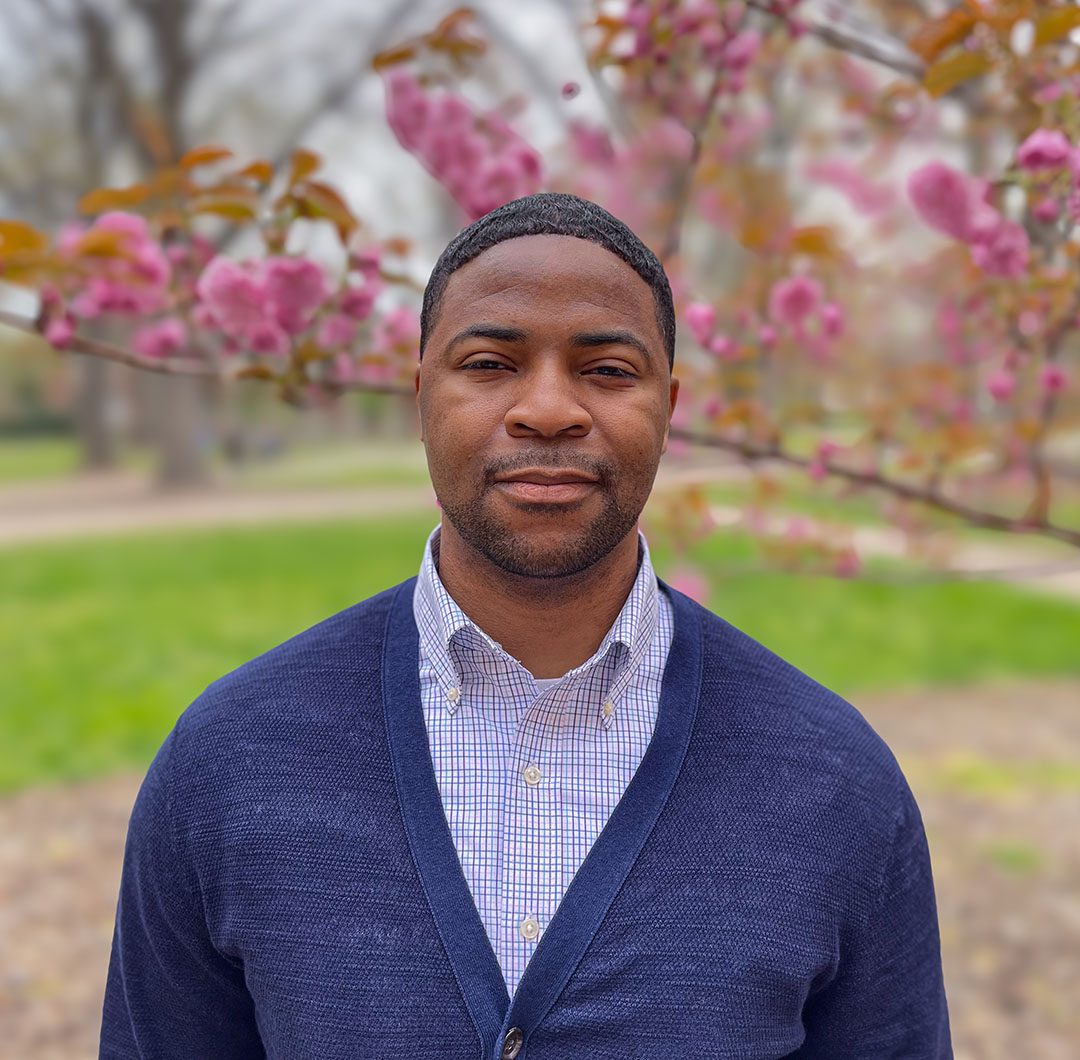UNC recently welcomed Gilbert Rogers as the inaugural director of financial well-being, a joint initiative between the Dean of Students office and Office of Scholarships and Student Aid.
For Rogers, financial literacy means having the ability to understand and grasp basic financial concepts — like investing and saving — and also apply them to life.
When working as a personal banker, the now-UNC employee said he spent more of his time teaching people fundamentals of personal finance than helping them from a banking perspective. He said while most high schools and colleges aren’t teaching basics in finance, there’s an assumption you should have those skills when you do start making financial decisions following graduation.
“But unfortunately if you don’t come from a background where your parents are super financially savvy, or if they haven’t had that sort of education or those experiences to teach you, then a lot of the time you’re stuck trying to figure out things on your own,” he explained.
Rogers started work as UNC’s first director of financial well-being in February, and he said the on-campus initiative is a way to bridge the gap between what you’re expected to know and what you actually know so that students can have more momentum going into their next phase of life.

Gilbert Rogers, the new director of financial well-being for UNC. (Photo via UNC-Chapel Hill/UNC Scholarships and Student Aid.)
Workshops, events, and peer-to-peer coachings will be available to students starting in September, and they’ll focus on areas that impact college students the most, like investing basics, building credit, weighing the pros-and-cons of different salary offers, and making a plan for addressing student loan debt.
The director said the initiative is less about telling students what to do with their money, and more so providing them with the necessary tools to make better financial decisions. But he said he plans to meet with students one-on-one if there’s a topic a student seeks help with, but that the student advisors aren’t trained to provide assistance on.
Rogers previously helped develop a similar program at the University of Oregon, serving as a senior assistant director of financial well-being. He said the biggest financial challenge for students is a lack of awareness around how much debt they owe without a strategic plan for paying it off.
“We know that students are graduating with higher levels of debt overall, even though at Chapel Hill we try to keep that below the average, of course,” he added. “We also noticed that there’s been a lot of feedback from recent alums who have stated that if they could go back, they would have taken more time to understand personal finance related topics.”
The program, according to the financial well-being director, can help provide students with this information as soon as they arrive on campus.
The initiative’s model features a team of student financial coaches trained in the fundamentals of personal finance. Rogers explained that conversations about money are typically uncomfortable, but the familiar, casual environment of a peer-to-peer approach allows a better opportunity for students to engage in the program.
“They may not hesitate as much by knowing that someone from a different major or different background is there to help them as a peer,” he said. “So I will take students, I will train these students, and they actually get paid for this. That’s a great part.”
Rogers said the student advisors will also benefit in how the program teaches them how to navigate conversations about money, like building a rapport for how to ask questions and what questions to ask.
“So that when they go and they start their career and it’s time to be with a financial advisor, there’s a little more confidence,” he said. “They go into that meeting feeling like this isn’t the first time they’ve heard a lot of what will be discussed.”
The initiative’s goal, Rogers added, is to move students a step closer to financial independence in a way that’s approachable and accessible for all Carolina students.
“No matter what your socioeconomic background is, if you come and you attend our workshops, attend our events, you’re able to gain something and apply it to your own personal situation,” he said.
Chapelboro.com does not charge subscription fees, and you can directly support our efforts in local journalism here. Want more of what you see on Chapelboro? Let us bring free local news and community information to you by signing up for our newsletter.



